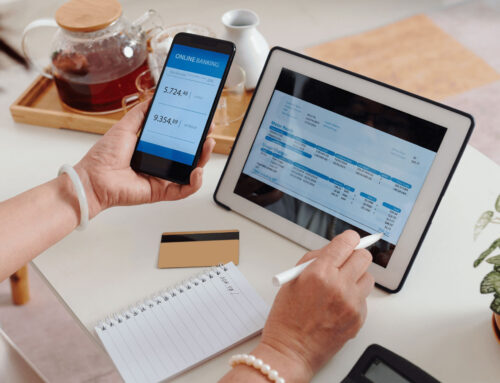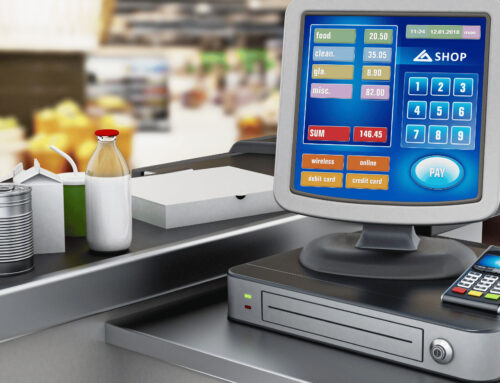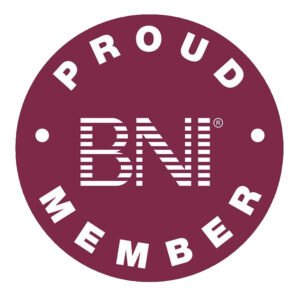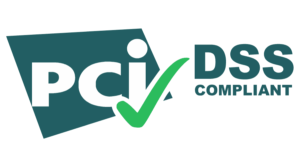A Comprehensive Dive into the World of POS
POS - At the Heart of Today's Commerce
In a rapidly evolving commercial landscape, the POS system has emerged as an indispensable asset. Acting as the nerve center of businesses, it streamlines operations and enhances customer experience. As we delve into the world of POS systems, we aim to elucidate its significance and provide a detailed overview of its many facets.
What Is a POS System?
A POS system, or Point of Sale system, is a combination of hardware and software that businesses use to manage and conduct sales transactions. It's the place where a customer pays for goods or services. But is it just about cashing in sales? Far from it! Today's POS systems are advanced tools that integrate inventory management, customer data, sales reports, and much more into one powerful system.
Historical Evolution of POS Systems
From Cash Registers to Computerized Systems
The journey of POS systems began with the humble cash register. Invented in 1879 by James Ritty, the "Incorruptible Cashier" was a basic device to keep track of sales and prevent theft. Fast forward to the 20th century, the advent of computer technology transformed these cash registers into electronic POS systems, capable of tracking inventory and generating detailed sales reports.
Advent of EPOS Systems
The turn of the millennium marked the birth of EPOS (Electronic Point of Sale) systems. Incorporating internet technology, EPOS systems could perform more complex tasks, such as real-time inventory updates and customer relationship management.
The Rise of Mobile POS (mPOS)
With the advent of smartphones and tablets, the mobile POS or mPOS system became a reality. Offering flexibility and convenience, mPOS systems have allowed businesses to make sales on-the-go, reducing queue times and improving customer experience.
Components of a POS System
Hardware Components
The hardware of a POS system varies depending on the type of system. It usually includes a server, terminals or devices for sales transactions, cash drawers, barcode scanners, receipt printers, and card payment terminals. These components form the physical part of the POS, enabling customer transactions and interactions.
Software Components
The software component of a POS system is where the magic happens. It is responsible for the system's functionalities, such as inventory management, sales reporting, employee management, and customer data management.
Types of POS Systems
Retail POS Systems
Retail POS systems are tailored to cater to the diverse needs of retail businesses. They can handle high volumes of inventory, manage multiple store locations, offer detailed sales analytics, and support various payment methods.
Restaurant POS Systems
Designed specifically for the food service industry, restaurant POS systems manage table reservations, track kitchen orders, split bills, and even offer loyalty programs for customers.
Salon POS Systems
From booking appointments to managing client histories, salon POS systems offer specific features that help in the smooth running of beauty and wellness establishments.
Supermarket POS Systems
Supermarket POS systems are built to handle a vast range of products, manage multiple checkouts, and provide quick, efficient customer service.
POS Systems and Business Operations
Inventory Management
Through automated inventory management, POS systems can track stock levels in real-time, send restock alerts, and generate purchase orders, reducing the chance of stock-outs or overstocks.
Customer Relationship Management
POS systems can store customer details, track their purchase histories, and manage loyalty programs. This information can be used to offer personalized services and promotions, enhancing customer loyalty and retention.
Sales Reporting and Analytics
With their powerful reporting and analytics capabilities, POS systems can provide insights into sales trends, popular products, and customer behaviors. This valuable data helps businesses to make informed decisions and strategic plans.
Choosing the Right POS System for Your Business
Consider Your Business Needs
The first step in choosing a POS system is understanding your business requirements. Do you need a system for a single location or multiple outlets? Do you require complex inventory management or simple sales tracking?
Assess the Scalability
As your business grows, your POS system should be able to grow with it. Check if the system can handle an increase in transaction volumes, product lines, or store locations.
Evaluate System Usability
A user-friendly POS system can increase efficiency and reduce errors. Look for intuitive interfaces, easy navigation, and quick checkout processes.
Review Customer Support and Service
When issues arise, prompt and effective customer support can make a big difference. Consider the support options offered by the POS provider, their response times, and service quality.
Security Aspects of POS Systems
Data Security
With POS systems handling sensitive customer and business data, robust data security measures are paramount. Look for systems with encryption, secure cloud storage, and regular security updates.
Payment Security
POS systems should comply with Payment Card Industry Data Security Standard (PCI DSS) regulations to ensure safe card transactions.
Future Trends in POS Systems
From contactless payments to AI-powered analytics, the future of POS systems is shaping up to be exciting. As technology continues to evolve, we can expect POS systems to offer even more advanced features, further revolutionizing the business landscape.
Conclusion: POS - An Indispensable Tool for Modern Businesses
As we've explored, a POS system is more than just a checkout point. It's a powerful tool that streamlines operations, provides valuable insights, and enhances customer experience. Whether you're a small business owner or run a multi-location enterprise, the right POS system can be a game-changer, elevating your business to new heights of efficiency and success.
FAQs
What are the benefits of a POS system?
A POS system offers a multitude of benefits, including streamlined sales transactions, efficient inventory management, detailed sales reports, customer data management, and improved customer service.
How does a POS system work?
A POS system works by processing sales transactions, updating inventory in real-time, managing employee and customer data, and generating sales reports and analytics. It essentially manages the key aspects of a business operation.
What is a mobile POS system?
A mobile POS, or mPOS, is a portable point of sale system that runs on a smartphone or tablet, rather than a traditional stationary system. It offers the flexibility to conduct sales anywhere, reducing queue times and improving customer service.
Is a POS system necessary for my small business?
Even for small businesses, a POS system can be a valuable asset. It not only helps streamline operations but also provides insights into business performance, helping to drive growth and success.
How secure is a POS system?
Modern POS systems come with robust security features, including encryption for data protection and PCI DSS compliance for secure card transactions. Regular security updates also help to keep the system safe from potential threats.
How to choose the best POS system for my business?
Choosing the best POS system involves considering your business needs, assessing the scalability of the system, evaluating its usability, and reviewing the customer support and service provided by the POS provider.












